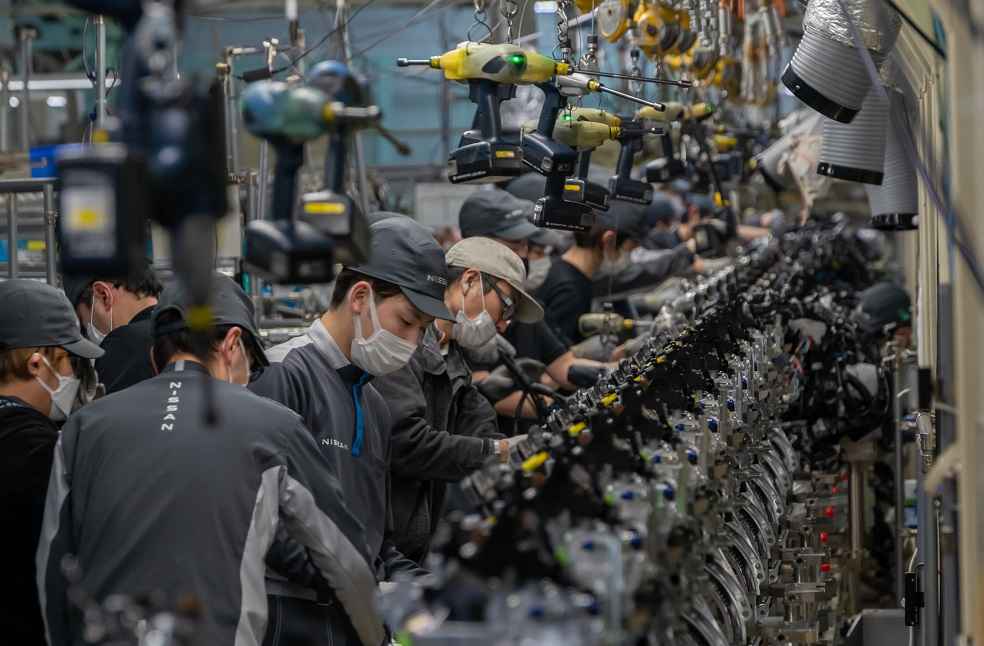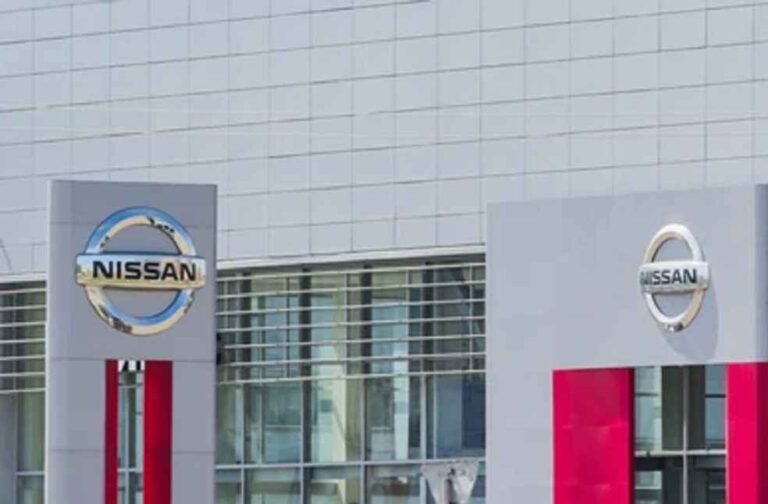Nissan is preparing to scale back its U.S. operations, the automaker’s largest market, as part of a broader restructuring effort. The company plans to cut nearly 2,000 jobs at its American plants by the end of this year and reduce vehicle production in the United States by approximately 25%.
The job reductions and production cuts will impact two major facilities: the Smyrna plant in Tennessee and the Canton plant in Mississippi. Currently, each plant operates four assembly lines. Nissan intends to halt one line at Smyrna as early as April and another at Canton by autumn, effectively reducing the plants’ combined annual production capacity by 25%. Despite the closures, the assembly line infrastructure will remain in place, allowing for potential output increases if market conditions improve.

The restructuring is part of a strategy tied to ongoing management integration talks with Honda, with Nissan’s downsizing seen as a prerequisite for advancing those discussions. The company is expected to inform its business partners of the plan by mid-February.
The decision comes as Nissan faces a challenging market environment in North America. The region accounts for half of the company’s global sales, yet performance has been lackluster. In the first half of the fiscal year ending September 2024, Nissan reported an operating loss of ¥4.1 billion, a sharp decline from the ¥241.4 billion profit it recorded in the same period the previous year. The company’s sales have dropped by 40% since March 2017, partly due to its failure to introduce hybrid vehicles in the U.S., where demand for such models has surged.

As part of its restructuring, Nissan is also revising its electric vehicle (EV) strategy in the United States. Plans to produce five EV models at the Canton plant by 2026 have been delayed to 2028 or later, with the number of models reduced to four.
Nissan’s global workforce reductions are not limited to the U.S.; in November 2024, the company announced plans to eliminate 9,000 jobs worldwide, with 70% of those cuts targeting manufacturing roles.
The restructuring efforts may face scrutiny from U.S. policymakers, including former President Donald Trump, who has emphasized the importance of preserving domestic jobs. Potential trade tensions also loom, with the possibility of a 25% tariff on vehicles imported from Mexico—a move that could heavily impact Nissan, as about 20% of its U.S. sales are sourced from its Mexican plants.
NEW LAUNCH | Nissan, Infiniti Extend SignatureFLEX Lease for Legacy Customers





